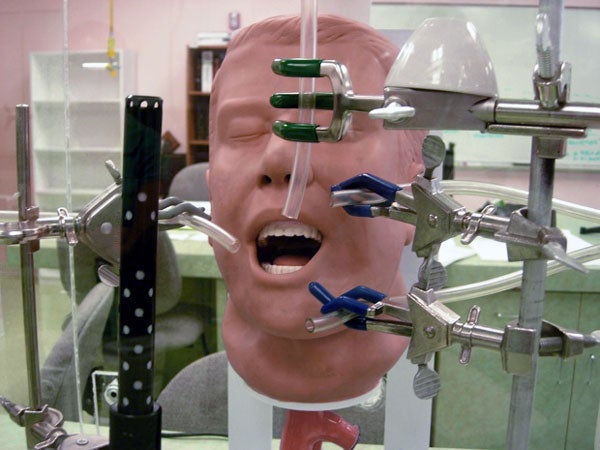
Boise State and two other regional universities are partnering to create a training and education program focusing on reducing the health and safety risks associated with emerging technologies. Such technologies include biotechnology, nanotechnology, alternative chemistries and waste reclamation.
A $600,000, three-year education resource project grant to the University of Washington (UW) from the National Institute for Environmental Health Sciences will allow experts from UW, Boise State and Washington State to focus on educating students and professionals on ways to reduce potentially harmful waste streams, process hazards and energy costs.

“I’m going to be developing activities that build awareness and knowledge among faculty and students about the health and safety risks associated with the emerging technologies,” said Dale Stephenson, chair of Boise State’s Department of Community and Environmental Health. “Ultimately, we will create a credit course to be offered at Boise State.”
Stephenson’s work will target faculty and students in the academic disciplines of:
- Materials science and engineering
- Nursing
- Biological sciences
- Civil engineering
- Environmental and occupational health
Stephenson noted that training efforts will focus on identifying and evaluating potential health risks to workers and the environment. Training also will focus on long-term solutions that make emerging technologies sustainable by reducing potentially harmful waste streams, process hazards and energy costs.